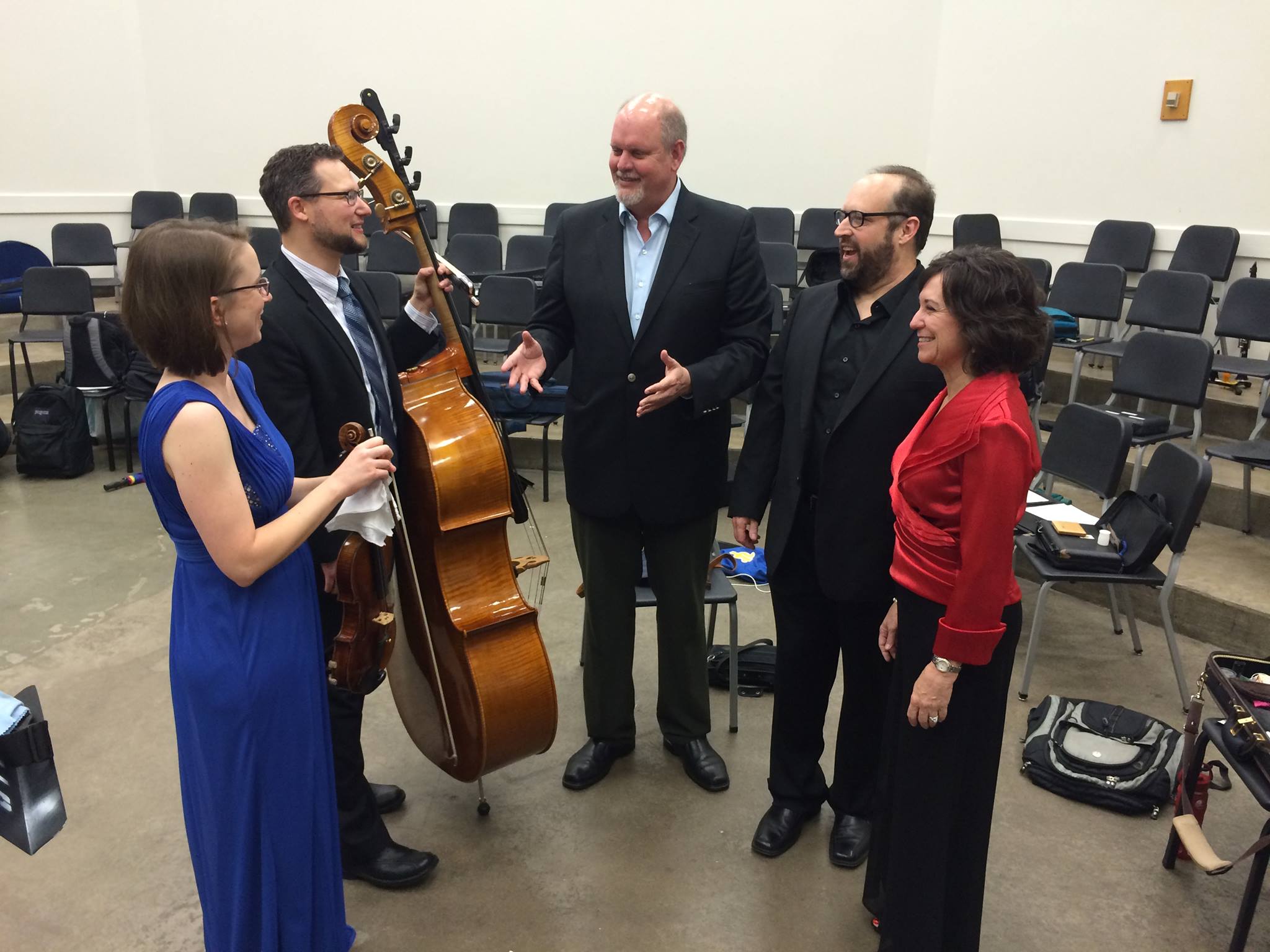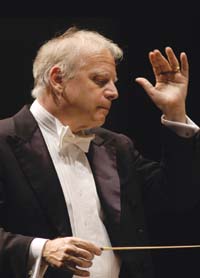Last April the Virginia Symphony gave the world premiere of Michael Daughtery’s Night Owl, a 20-minute, 3 movement fantasy on the nocturnal photography and recordings of O. Winston Link.
“Night Owl for orchestra is inspired by the masterful, nocturnal photography and sound recordings by O. Winston Link (1914-2001), who chronicled the last days of steam locomotive powered trains from 1955 to 1960 in the United States and the Norfolk and Western line.
In “Shutterspeed,” I reflect on the technical world of O. Winston Link’s photography and my passion for the medium. With an arsenal of flashbulbs, power generators, tripods and Rolleiflex cameras, he drove his 1952 Buick through the rugged backwoods of the Appalachian Mountains in search of perfect locations. Once discovered, O. Winston Link created meticulously composed photos, which often would take him days to prepare and execute. Since the majority of his panoramic black-and-white photographs of trains were taken outdoors in remote areas and at night, Link developed a unique and complex system of timed flash photography. This allowed him to simultaneously trigger hundreds of lightbulbs to dramatically capture the intricate machinery and steam plumes of the locomotive at the just the right moment. Keeping shutter speed, aperture and focus in mind, I have generated dramatic music in the first movement with the same precision as if taking photographs with my Leica camera.
In the second movement, entitled “Solitude, Virginia,” I focus on O. Winston Link’s photographs of the people who lived in the small, sleepy Appalachian railroad towns and whose lives were intertwined with the railroad: the train signalman and conductor; the shop owner; the farm couple; the teenagers at the drive-in movie theater or the swimming pool. I have composed nostalgic music, which, like the photographs of O. Winston Link, remind the listener of an era long gone. The night music begins softly with intimate horn, oboe and clarinet, solos accompanied by bells from the church tower and bluesy strings. Suddenly out of nowhere, boisterous trombones and timpani interrupt the musical proceedings like a massive steam locomotive rolling into town down Main Street. After the train slowly disappears out of sight, the opening night music returns, featuring mellow solos from the tuba, trumpet and bass clarinet as the town goes back to sleep.
In addition to his iconic photographs, O. Winston Link also made audio recordings of steam powered trains, which were issued on six vinyl records during his lifetime. Link believed that “the train is as close to a human being as you can get. It talks, it moves, it grunts and groans.” In final movement, “Thunder on Blue Ridge,” I translate the sights and sounds of O. Winston Link’s steam-powered trains into a stomping barn yard romp. A pulsating snare drum groove, like the clicking sounds of a locomotive thundering down the tracks, is punctuated by a train bell, harmonica and strings playing ‘behind the bridge.’ A catchy Appalachian-like tune, first played by the woodwinds, is developed and transformed through an array of kaleidoscopic orchestrations and polymetric counterpoints. After a series of virtuosic instrumental interludes, my musical train rumbles to its final destination.”
–Michael Daugherty






 It’s the largest conference for wind and band music in the world, and it arrives at Chicago’s McCormack Place on December 19. Overlooking the shore of Lake Michigan, this year’s Conference will feature performances by hundreds of the best ensembles in the world and will highlight clinics with Wynton Marsalis and Leonard Slatkin, who will lead an open conversation on McTee’s “Tempis Fugit” from Double Play followed by a performance with the Lone Star Wind Orchestra. This year marks the
It’s the largest conference for wind and band music in the world, and it arrives at Chicago’s McCormack Place on December 19. Overlooking the shore of Lake Michigan, this year’s Conference will feature performances by hundreds of the best ensembles in the world and will highlight clinics with Wynton Marsalis and Leonard Slatkin, who will lead an open conversation on McTee’s “Tempis Fugit” from Double Play followed by a performance with the Lone Star Wind Orchestra. This year marks the 

